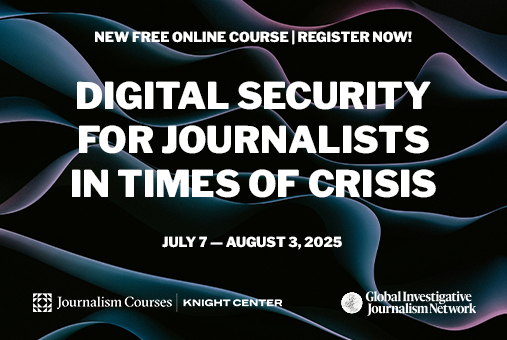
Over four weeks of this free online course from the Knight Center and GIJN, you’ll learn how to build practical digital habits that help protect your data, communications and devices — even in high-risk situations.
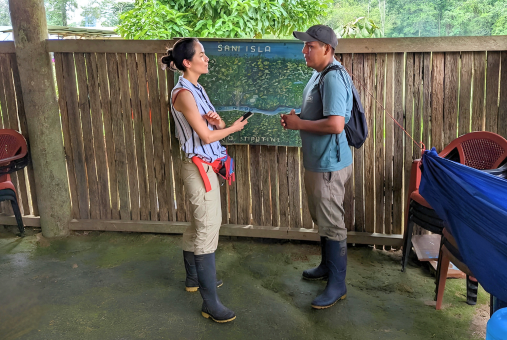
The network of more than 90 environmental journalists — known as PUMA — builds on Mongabay’s eight years reporting across the region. They plan to collaborate on shared challenges like a crisis of funding, threats by criminal groups and censorship by powerful interests.
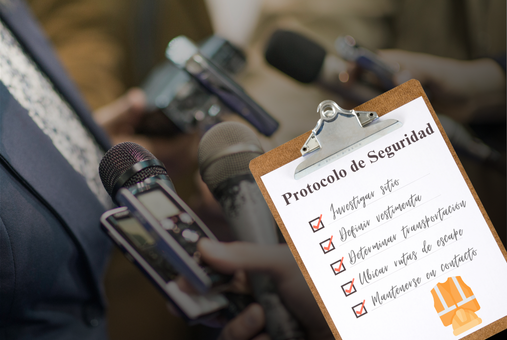
Considering the dangerous environments for press professionals in Mexico, nine newsrooms in various parts of the country learned to build their own physical, digital and facility security protocols based on their specific circumstances, as part of the Safer Newsrooms initiative from the IAPA and Google News Initiative.
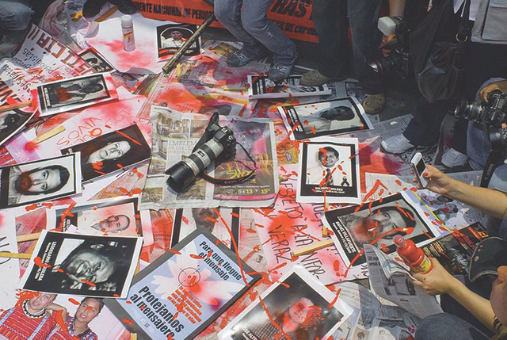
Participants of a cross-industry meeting in Mexico City emphasized the importance of collaboration, a global community, digital literacy and public support for journalism.
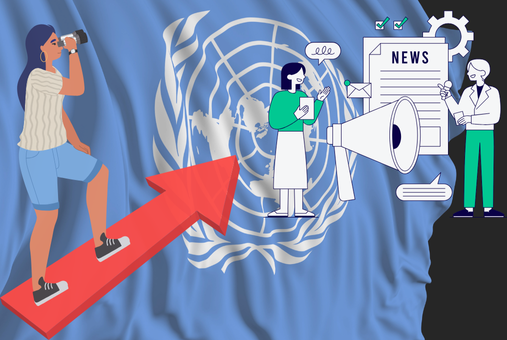
The petition asks for stronger language in the Pact for the Future regarding guarantees for access to information, press freedom and journalism in the public interest.
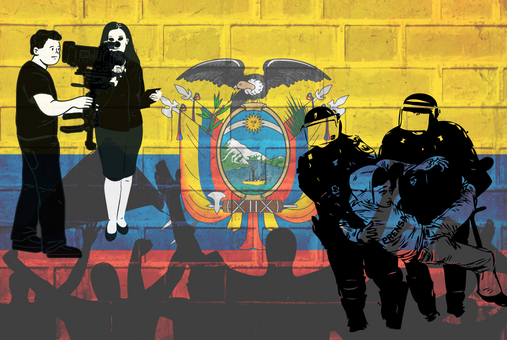
As violence is growing in the country and against the press, in particular, Ecuador has a legally established protection mechanism that does not have resources to be fully functional. The government's recent announcement not to approve resources for this year and the next raised even more alarms about how to improve press security in the country.
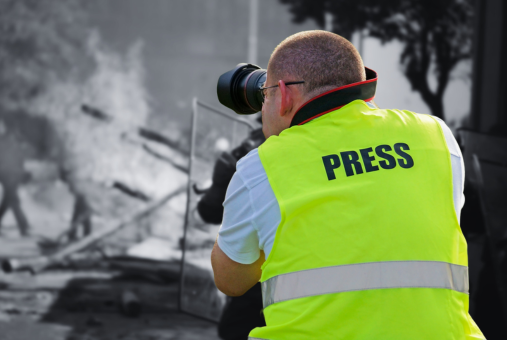
Directors of El Faro (El Salvador) and Confidencial (Nicaragua) pointed to risk assessment, complete trust between editors and reporters, legal defense and psychological support as fundamental elements to preserve the well-being and safety of their teams in the face of harassment, threats and criminalization.

The connection between press freedom and the many challenges facing the planet – including climate change – is the theme for the 2024 World Press Freedom Day. Under the motto “A Press for the Planet: Journalism in the face of the environmental crisis,” May 3 arrives with discussions on how to guarantee journalists’ work as well as strategies to confront disinformation and denial of climate change.
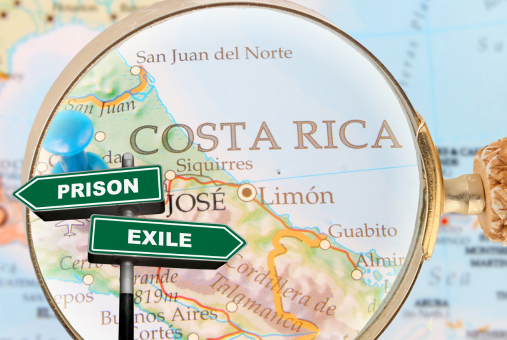
Hundreds of Central American journalists have gone into exile in Costa Rica because they consider it a safe country for journalism. But, the situation has taken a turn as press freedom and security in that country has worsened. Some exiled journalists have decided to seek refuge in other countries and to leave the profession.
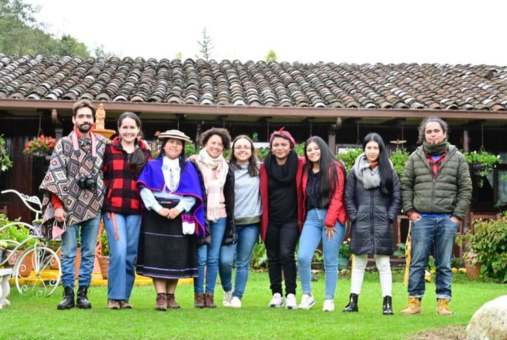
Red Tejiendo Historias, a project of digital media outlet Agenda Propia, is working on a security protocol for journalists and communicators reporting in Indigenous territories of Latin America. It’s based on two manifestos the network has written that call attention to risks they face when reporting.
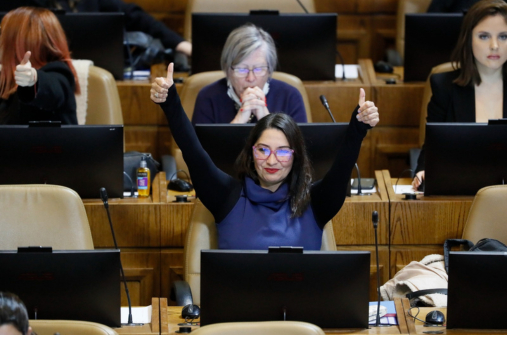
Fifty years after the coup in Chile, the Chilean National Congress is moving forward with legislation to regulate the protection of journalists and communications workers. Thus, the South American country is at the forefront in this matter at the international level.

Disinformation narratives that seek to delay actions against climate change, a communication initiative to train communities on digital security, and protection tips for journalists covering the Amazon were lessons learned at the II Amazon Summit on Journalism and Climate Change, organized by Fundamedios, in Ecuador.